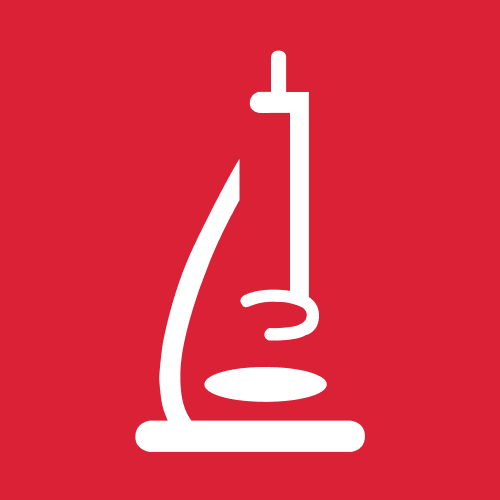Necrosis drives susceptibility to Mycobacterium tuberculosis in Polg D257A mutator mice
ABSTRACT
The genetic and molecular determinants that underlie the heterogeneity of Mycobacterium tuberculosis (Mtb) infection outcomes in humans are poorly understood. Multiple lines of evidence demonstrate that mitochondrial dysfunction can exacerbate mycobacterial disease severity, and mutations in some mitochondrial genes confer susceptibility to mycobacterial infection in humans. Here, we report that mutations in mitochondria DNA (mtDNA) polymerase gamma potentiate susceptibility to Mtb infection in mice. Polg D257A mutator mtDNA mice fail to mount a protective innate immune response at an early infection time point, evidenced by high bacterial burdens, reduced M1 macrophages, and excessive neutrophil infiltration in the lungs. Immunohistochemistry reveals signs of enhanced necrosis in the lungs of Mtb-infected Polg D257A mice, and Polg D257A mutator macrophages are hypersusceptible to extrinsic triggers of necroptosis ex vivo . By assigning a role for mtDNA mutations in driving necrosis during Mtb infection, this work further highlights the requirement for mitochondrial homeostasis in mounting balanced immune responses to Mtb.

